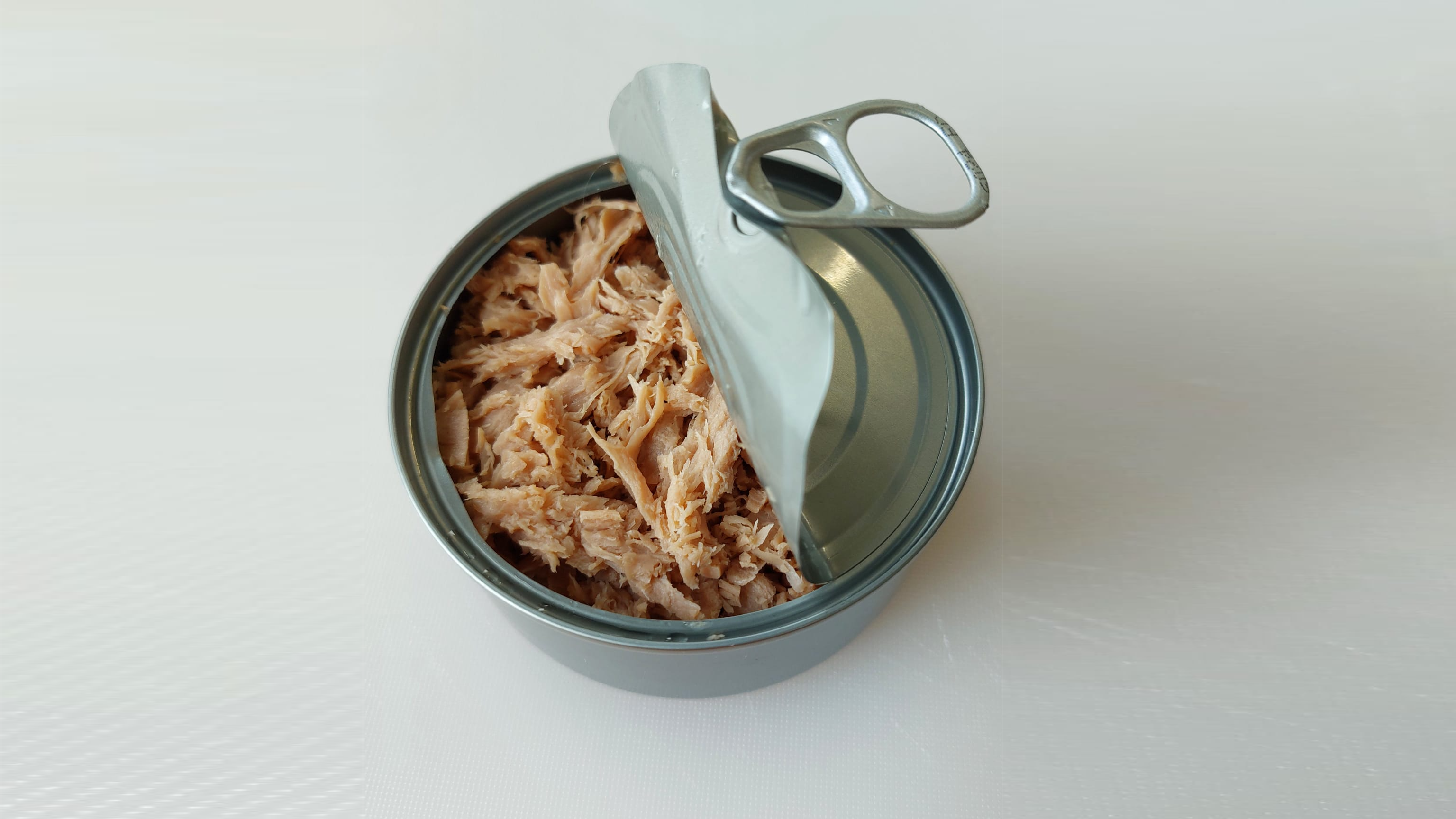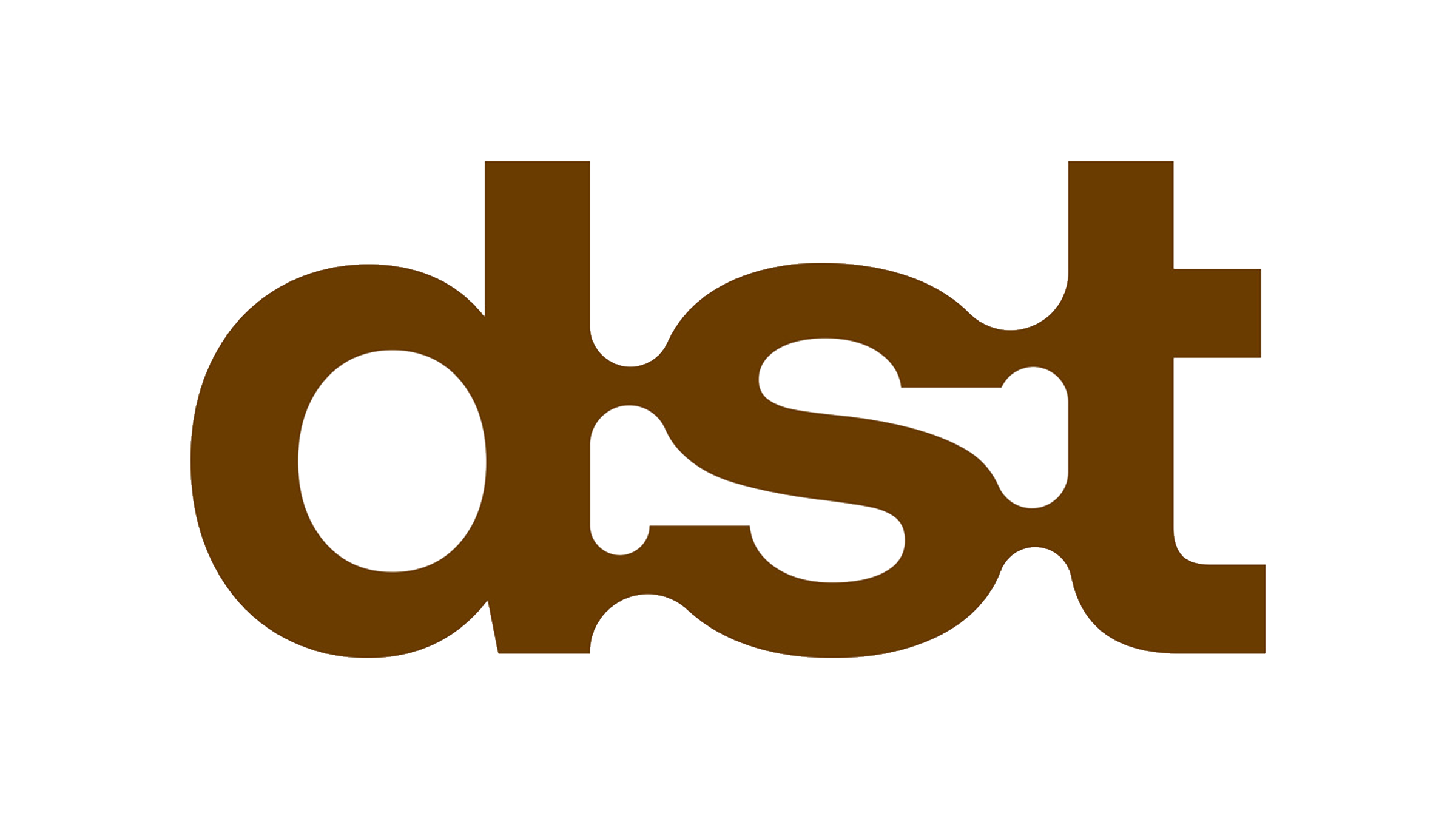The consumption of plant-protein-based products, including those formulated as meat substitutes, is seeing significant growth. Some of this is attributable to the well-documented health benefits, such as the additional fiber, vitamins and nutrients, but it is also because a plant-based diet contains fewer calories and less fat.
From a societal standpoint, water consumption is lower, and less land is needed, increasing efficiency. Greenhouse gas emissions tend to be lower, too, boosting sustainability credentials.
However, for all the benefits of a plant-based diet, it is challenging for food manufacturers to closely mimic the textures and flavors of the meat products they are replacing, which, in turn, fails to persuade traditional meat eaters to make the switch.
It is in this regard that Dutch Structuring Technology (DST) is setting the pace, as a major disruptor to the status quo.
Based in Wageningen, in the Netherlands, DST was founded to commercialize next-generation plant-based long-fibered meat and fish substitutes, using new technologies and production techniques that are designed to outperform existing processes in terms of flavoring, flexibility and scalability.

